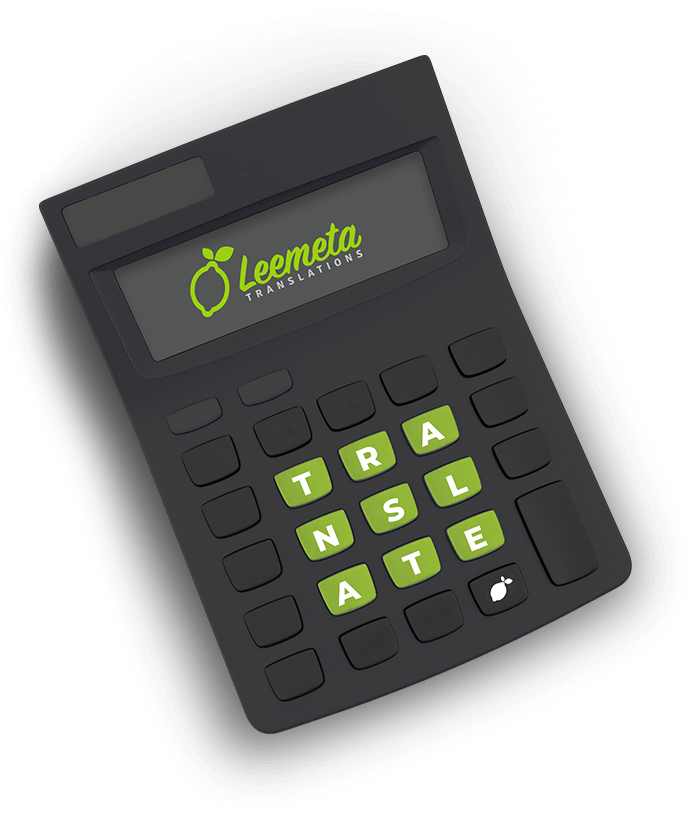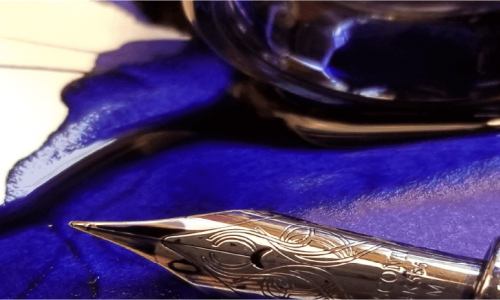Have you ever found that even though you can speak English very well, you don’t feel you will ever be able to use every aspect of it correctly? Imagine if you could speak it like a native
Now, here’s a question: what is the difference between ‘can’, ‘could’ and ‘be able to’ in the paragraph above? Not sure?! Read on to find out!
Can
- STRUCTURE = can + bare infinitive (can do, can make).
- NEGATIVE = cannot/can’t.
- Used to express possibility, permission, ability and make informal requests.
- Only used in present simple and past simple (could).
- For other tenses ‘be able to’ is needed (see below).
| FUNCTION | EXAMPLE |
|---|---|
| Possibility | I can meet you at the restaurant at 7pm. |
| Permission | You can drive at 70mph on a motorway in the UK. |
| Ability | He can’t ride a bike. |
| Informal request | Can you pass me my bag, please? |
Could
- STRUCTURE = can + bare infinitive (could do, could make).
- NEGATIVE = could not/couldn’t.
- Used to express possibility, permission, ability and polite requests.
- Often used with: see, smell, hear, feel, taste, remember, understand.
- The past simple of ‘can’.
| FUNCTION | EXAMPLE |
|---|---|
| Possibility | When I was at school, my teacher told me I could be whatever I wanted to be. |
| Permission | Our boss said we could finish early as a reward. |
| Ability | My brother could ride a bike when he was three. |
| Polite request | Could you get back to me before the end of the day, please? |
Be Able To
- STRUCTURE = be able to + infinitive (be able to do, be able to make).
- NEGATIVE = be + not able to.
- Used for different tenses where ‘can’ cannot be used, as well as for polite requests.
| TENSE | EXAMPLE |
|---|---|
| Present Perfect | I have been able to speak three languages since I was a child. |
| Future | My sister will not be able to swim for weeks due to her broken arm. |
| Conditional | We should be able to get there at 3pm. |
| Polite request | Would you be able to post this for me, please? |
NOTE: was able to vs. could
⇒ could is used for general ability
- My granddad could play the piano.
⇒ be able to is used for a specific situation
- I ran after him but I wasn’t able to catch him.
So back to our original question – when you want the salt, do you use ‘can’, ‘could’ or ‘be able to’?
- Friends – ‘can’.
- More formal settings such as a lunch meeting with your boss, meeting your girlfriend’s parents for the first time – play it safe and go for ‘could’ or ‘be able to’!












